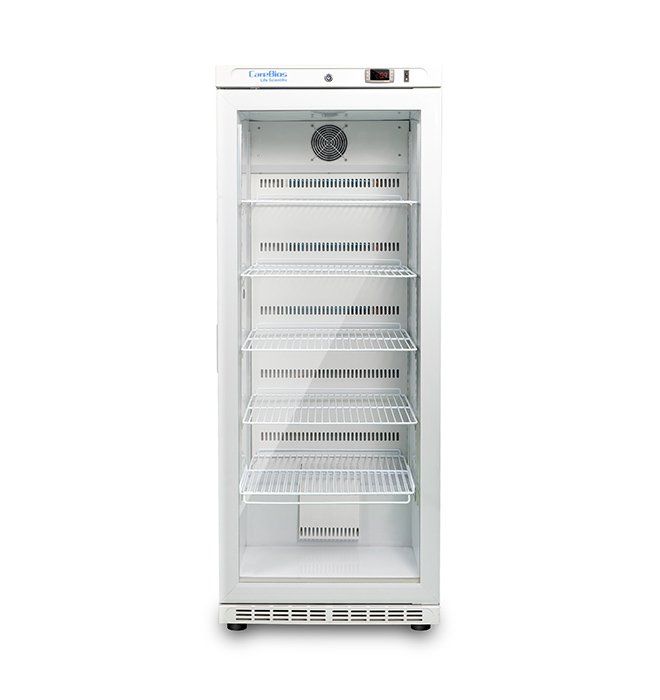STORAGE MATTERS A LOT IN VACCINE ACCEPTANCE
In 2019, the World Health Organization (WHO) released its list of the top 10 global health threats. Among the threats topping that list were another global influenza pandemic, Ebola and other high threat pathogens, and vaccine hesitancy.
The WHO describes vaccine hesitancy as the delay in acceptance or refusal of vaccines, despite their level of availability. Though vaccinations prevent between 2 and 3 million deaths per year, evidence of vaccine hesitancy can be seen through the resurgence of preventable diseases, including polio, diphtheria, and measles.
Factors Leading to Vaccine Hesitancy
Since the first vaccine was developed in 1798 against smallpox, there have been people who were in favor of vaccinations, those who were against it, and those who were unsure. The cause of continued doubts today, according to The SAGE Working Group on Vaccine Hesitancy, can be linked to a number of reasons, including distrust of the vaccines themselves, or low confidence in policymakers, though it is “complex and context specific, varying across time, place and vaccines.” The Centers for Disease Control and Prevention, the WHO, and many other organizations have designed many campaigns to change minds and increase trust in vaccinations, particularly in light of the COVID-19 pandemic. These campaigns are important tools to increase the number of vaccinated individuals and work towards population, or herd, immunity. However, the most critical method of all is making sure that vaccines are stored correctly through every step in the cold chain. This is the only way to ensure continued vaccine efficacy.
When you get a vaccine, you expect it to work. While numbers of unvaccinated individuals have led to the rise of illnesses that had previously been made rare, it is far worse to have someone receive a vaccine that is ineffective because it has not been stored properly. Not only does this leave them unprotected, it also degrades the trust in vaccinations. When it comes to the last link in the cold chain, proper vaccine storage is only achieved by using a quality pharmaceutical refrigerator.

CAREBIOS Pharmacy Refrigerator
Carebios pharmacy refrigerators are designed and built specifically for the safe storage of vaccines and other pharmaceuticals at temperatures between +2°C and +8°C. They are engineered to ensure consistent interior temperature uniformity, stability, and fast temperature recovery after door openings to keep the set point temperature accurate.
» Vaccine storage refrigerators include positive airflow rear wall plenums and interior designs that allow ample clearance around inventory loads to assure uniform storage temperatures and overall stability.
» Multiple alarm modes: high/low temperature alarm, Power failure alarm, Door open alarm, low voltage of backup battery.
To learn more about the Carebios Pharmaceutical Refrigerators, visit us at http://www.carebios.com/product/pharmacy-refrigerators.html
Tagged With: Pharmacy refrigerator, Cold Storage, Medical Refrigeration Auto Defrost, Clinical Refrigeration, medicine fridge, Cycle Defrost, Freezer Defrost Cycles, Freezers, Frost-Free, Laboratory Cold Storage, Laboratory Freezers, Laboratory Refrigeration, Manual Defrost, Refrigerators
Post time: Jan-21-2022




